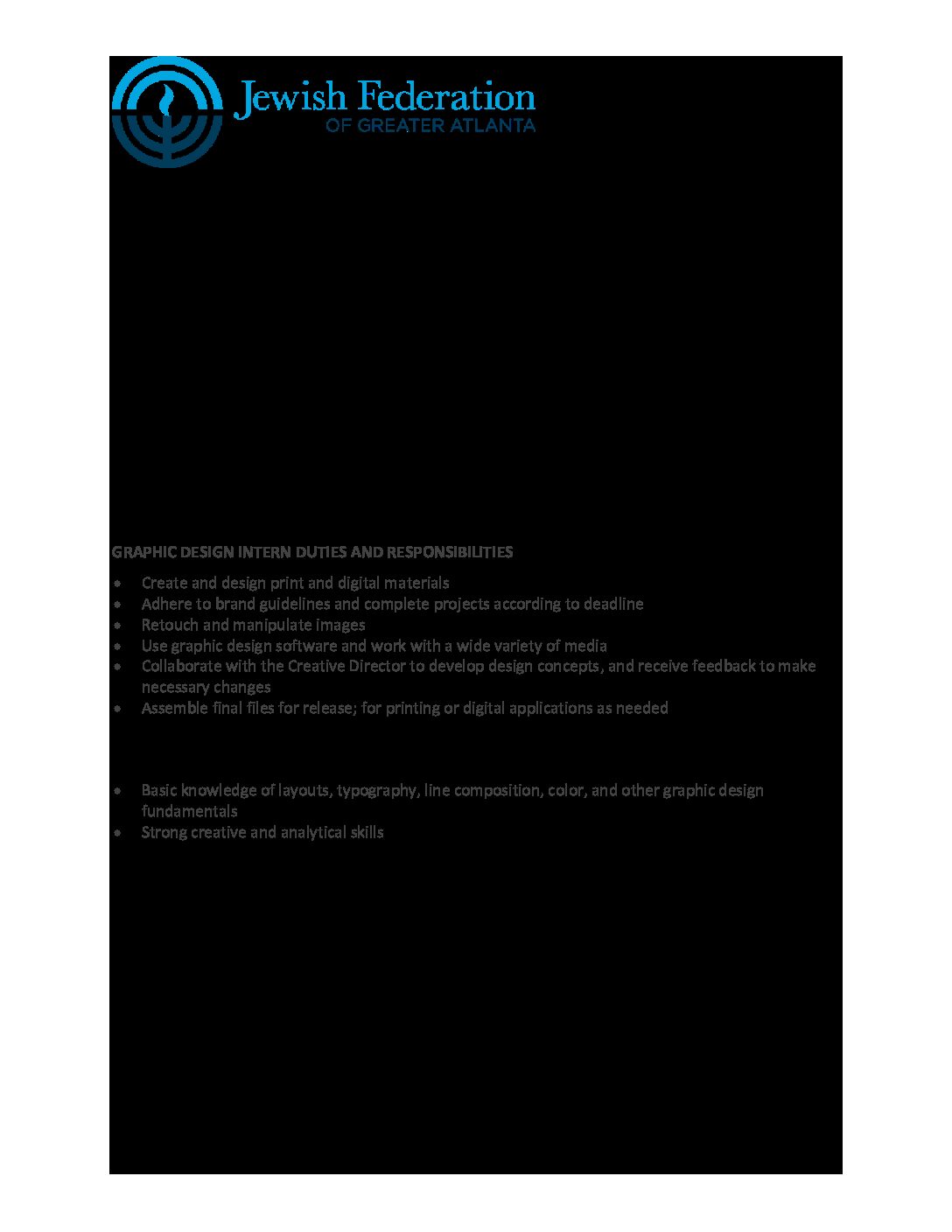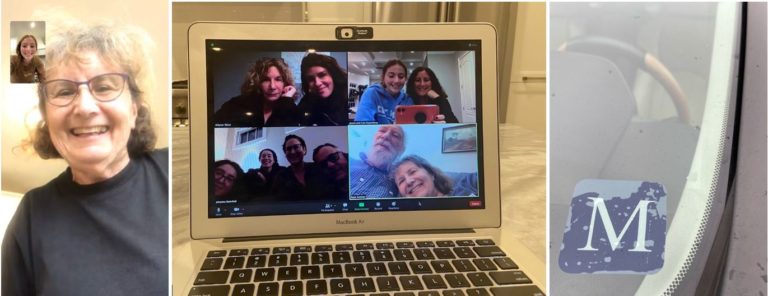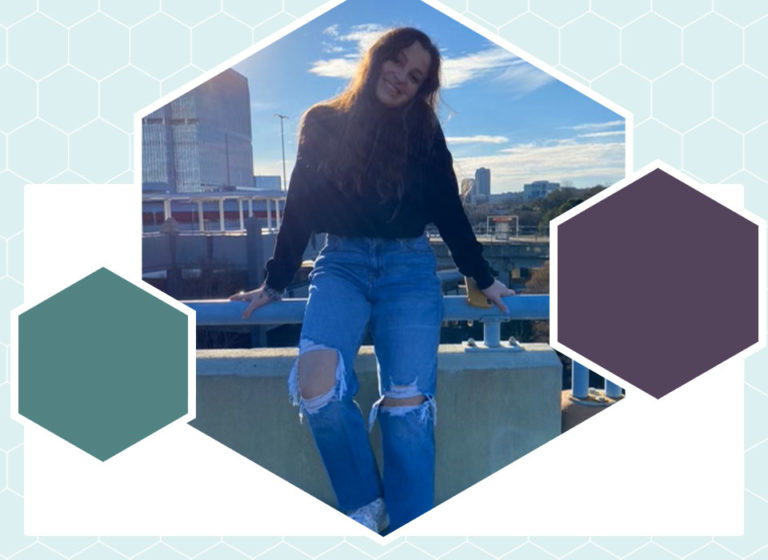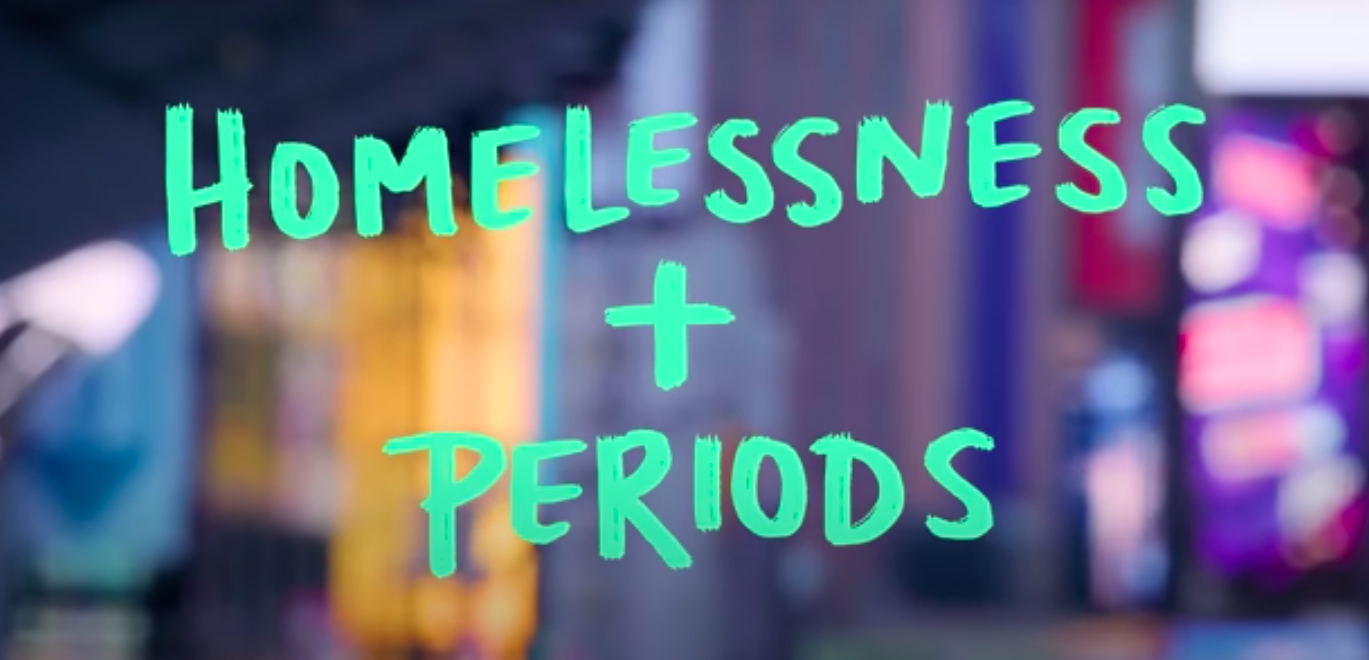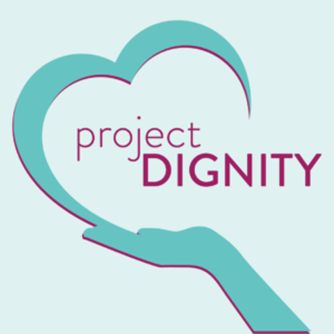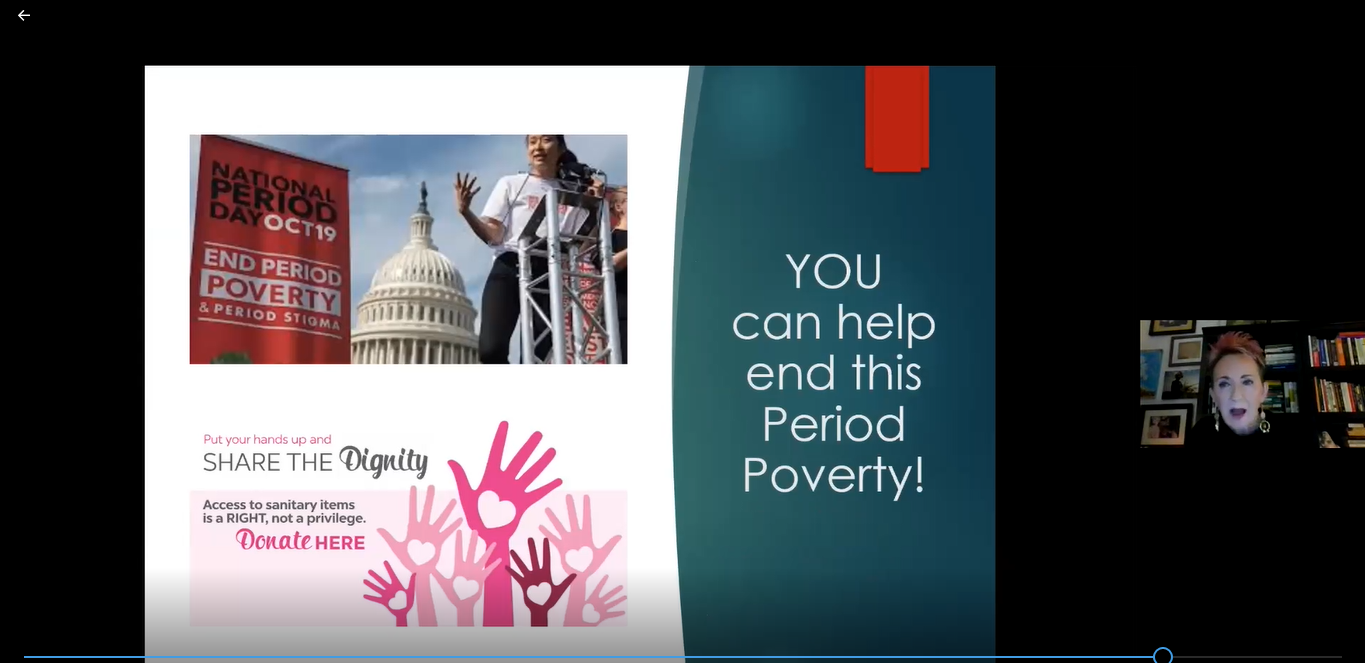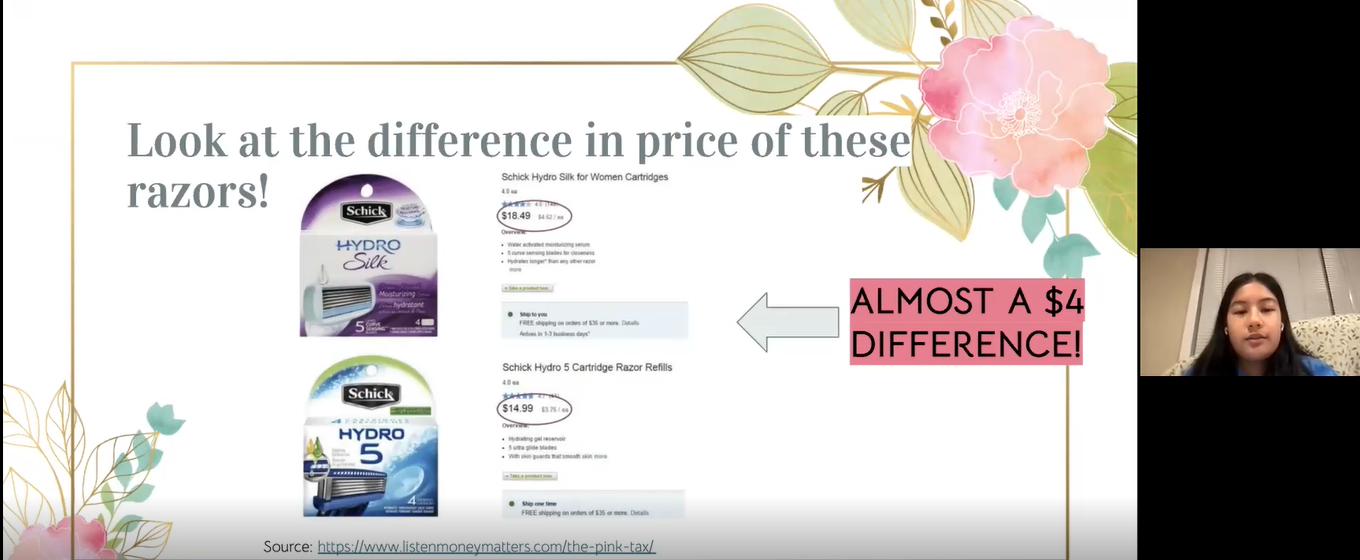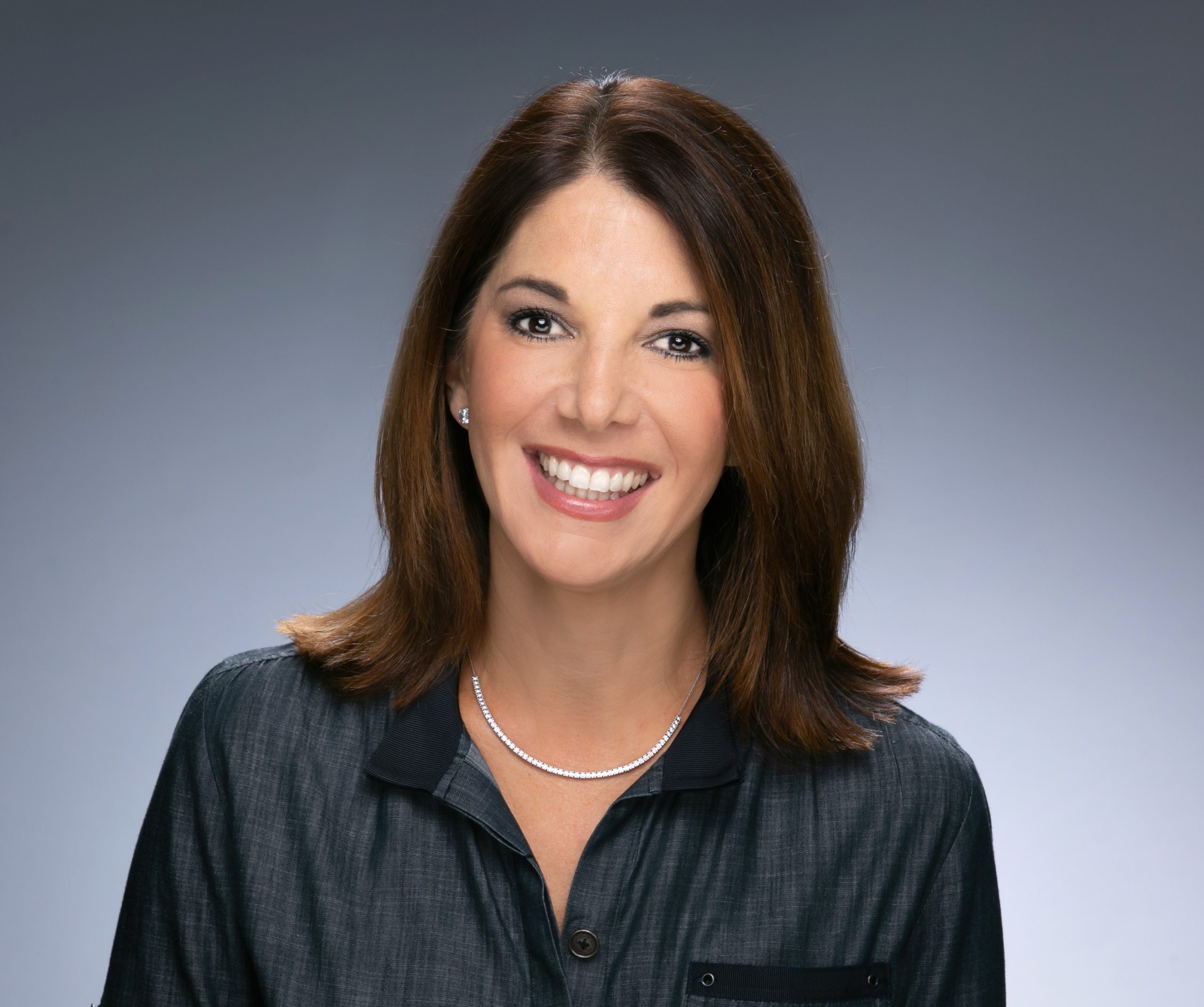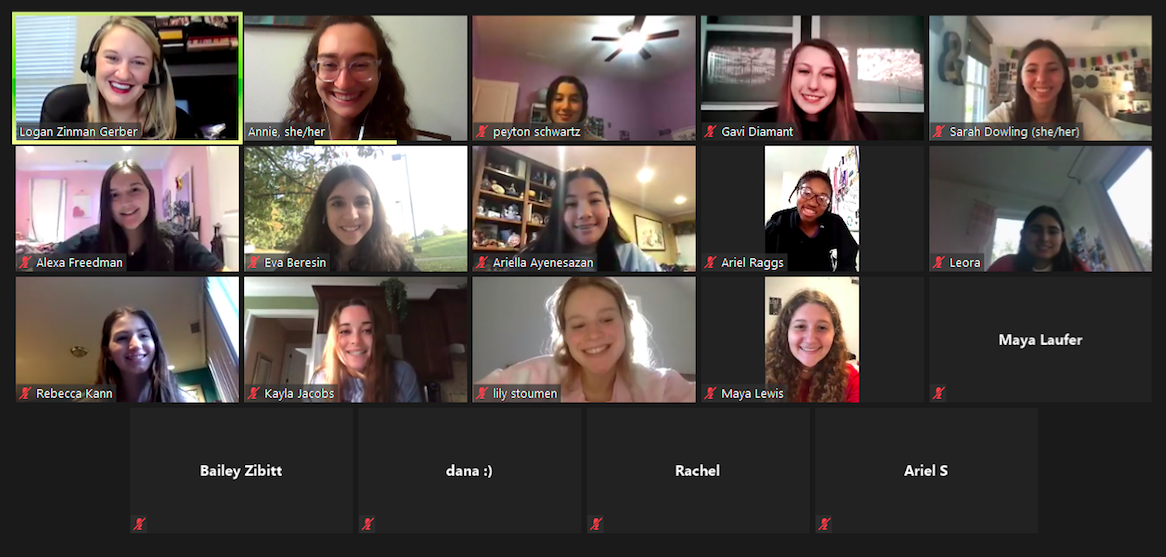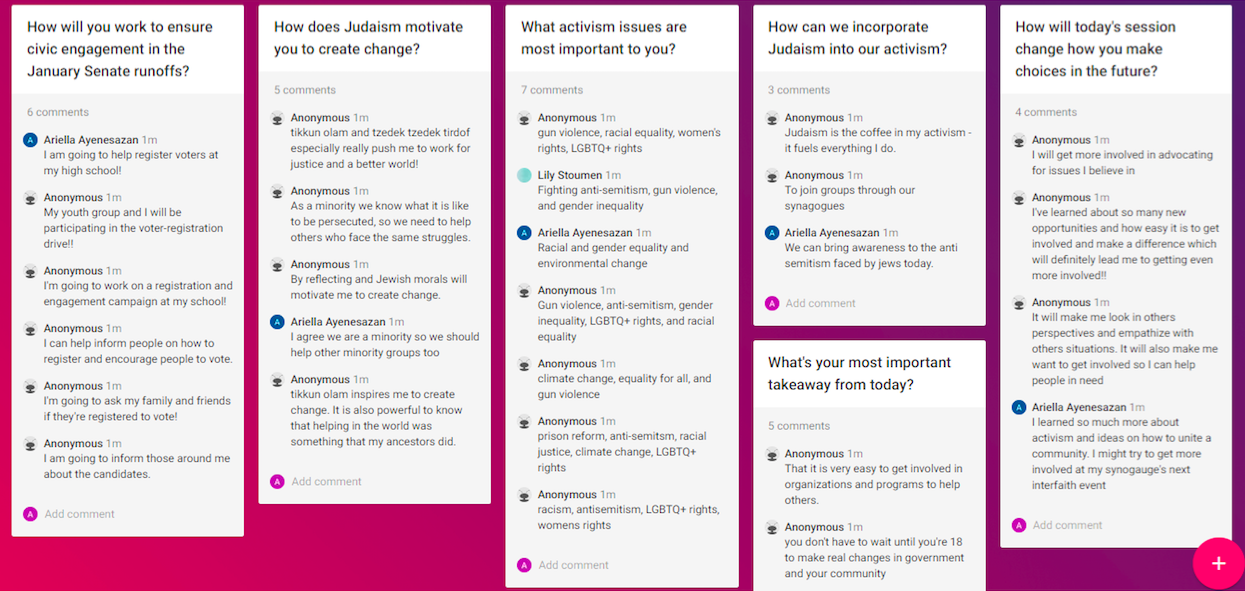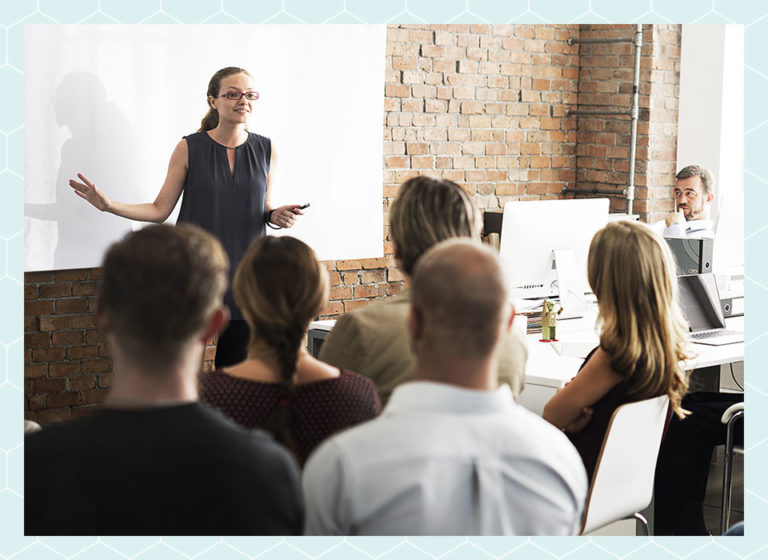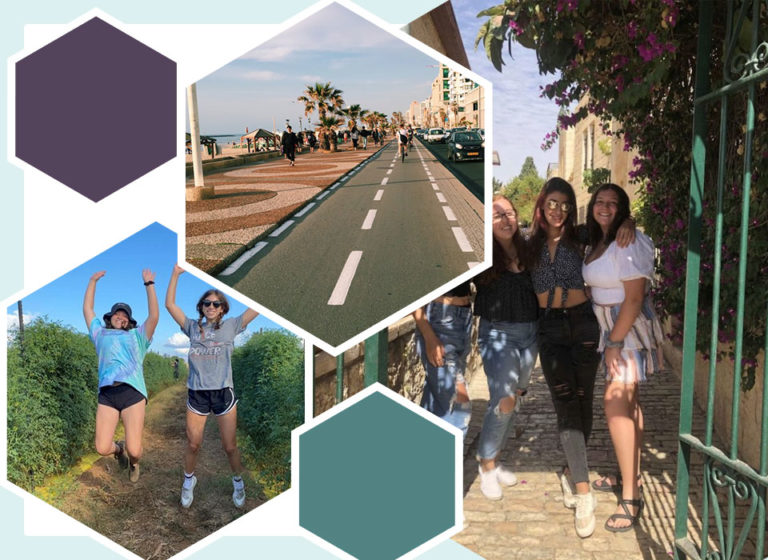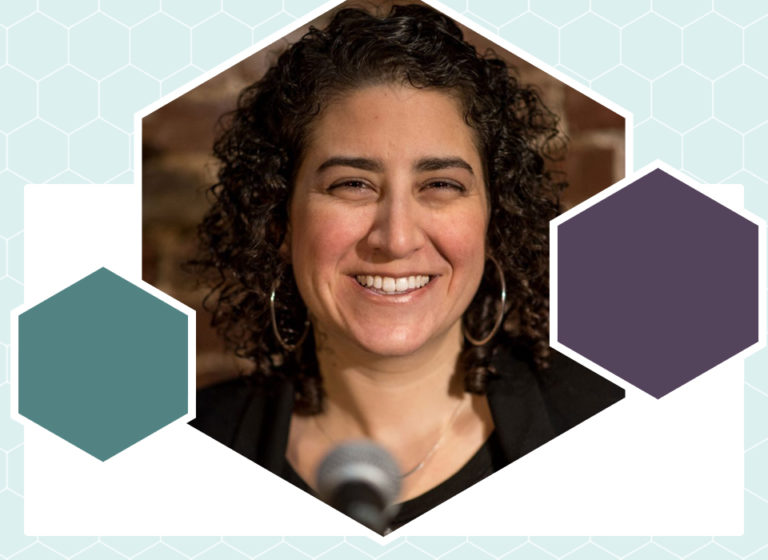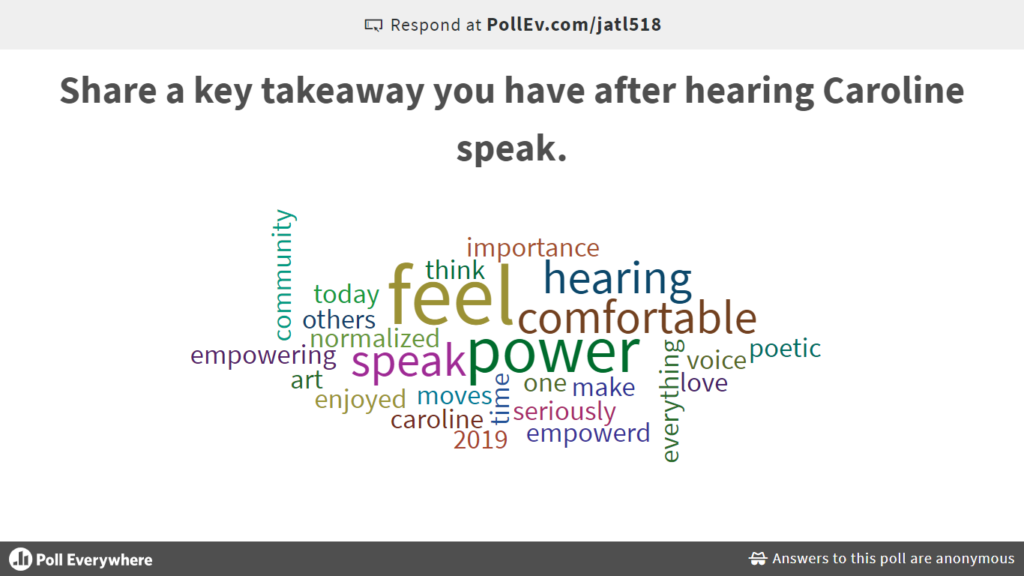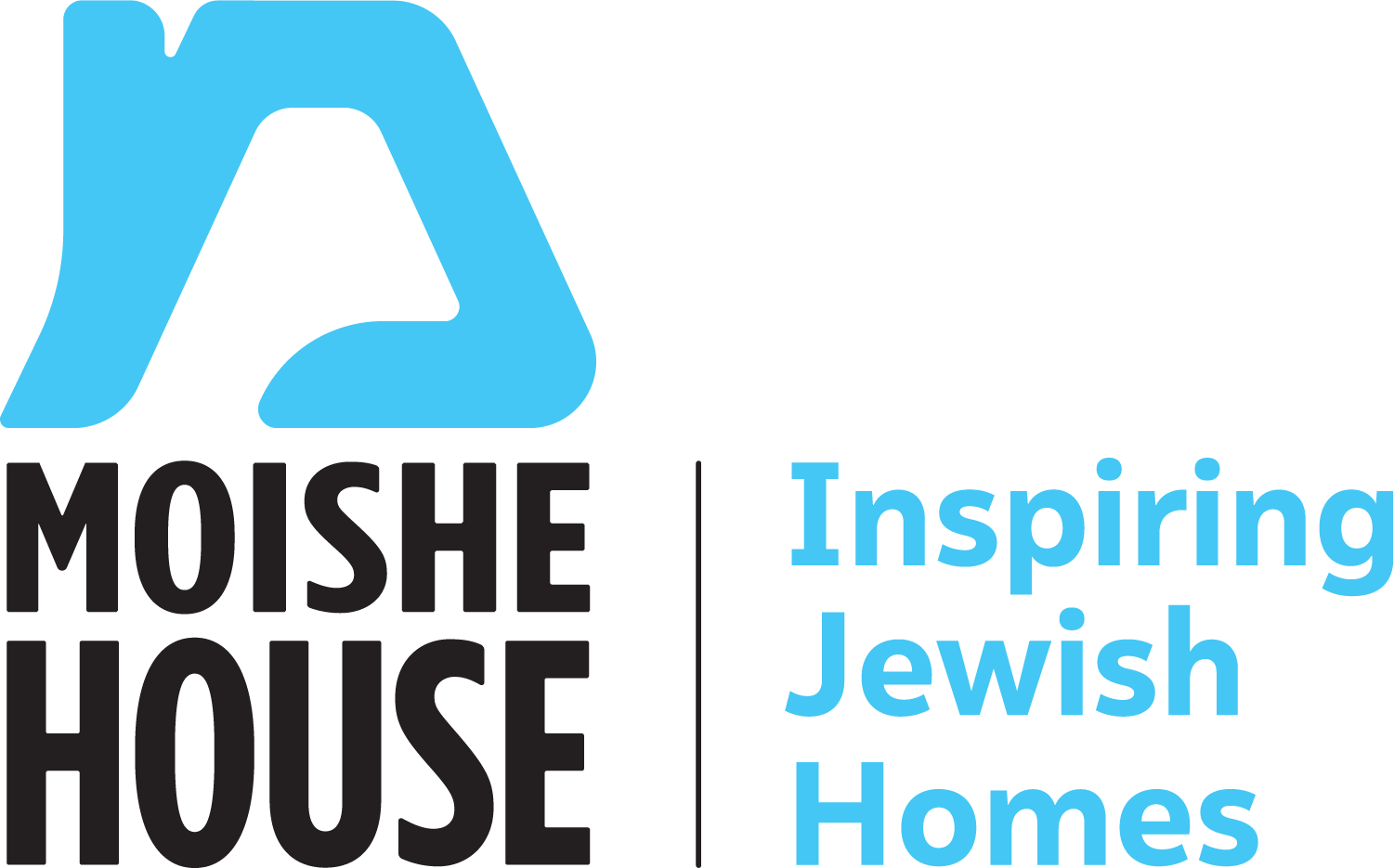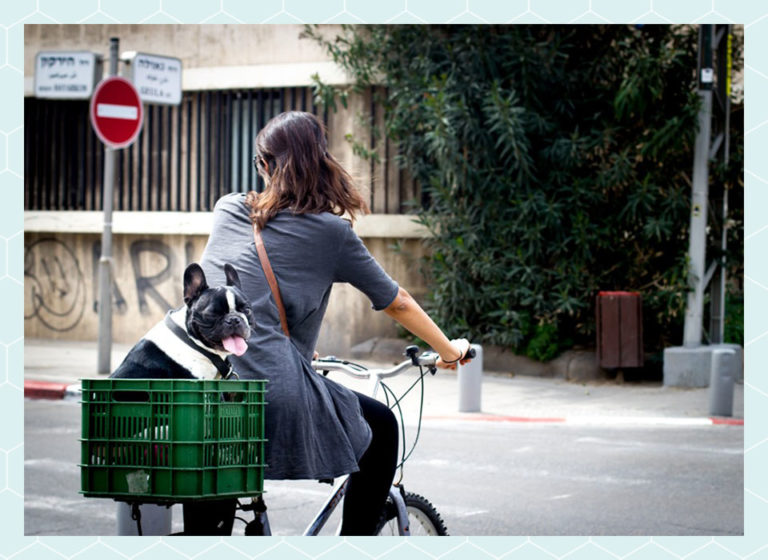
Root One, the major new $20 million national initiative announced by The Marcus Foundation in Atlanta to pump new life into teen trips to Israel, is off to a strong start.
Despite all the uncertainties connected with international travel during the pandemic, the program, announced in September, is running at full capacity and is being built out for future growth.
As the program approaches the midpoint of its first year almost all of the 5,000 individual grants for teen travel in 2021 have been snapped up.
They each provide a $3,000 voucher to defray the cost of the trip for 10th, 11th and 12th graders, leaving families to come up with $1,500 additional that’s needed for the multi- week program.
According to The Marcus Foundation there’s been a 58 percent increase in participation this year, over the number of teen travelers in 2019. But the numbers only tell part of the story. For Rabbi Yoni Kaiser-Blueth, who developed Root One at The Marcus Foundation, there a qualitative goal as well.Rabbi Yoni Kaiser-Blueth, who developed the Root grant, has been a Hillel leader at George Washington University.
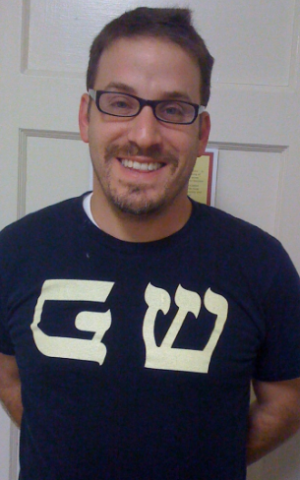
“We really want to build out a pipeline of teens that is connected to the next stage of Jewish life. The hope is that by getting kids to experience Israel at a deeper level, that when they get to college, they’ll have the ability to advocate for and to be part of the pro-Israel community on college campuses.”
To build participation, the program partnered last fall with five of the major organizations that are involved with programming for Jewish adolescents: United Synagogue Youth, Ramah Israel, Union of Reform Judaism/NFTY, Orthodox NCSY and B’nai B’rith Youth Organization, which represent a broad cross section of Jewish life. That has since been expanded to over 20 organizations nationally. They have all been brought together to help prepare young people for a rich experience in Israel, according to Rabbi Kaiser-Blueth.
“We want to create a marketplace of content providers so that each organization can select a menu of modules or topics that they want for their teams. We want them all to be engaged with their participants in the months leading up to their trip.”
Among those who are coming up with new educational initiatives is Atlanta’s JumpSpark Atlanta organization, which is itself a new way to more fully engage teens in Jewish communal life. In January the group hosted “Teaching Israel in 2021” to help give 84 Jewish educators in Atlanta who participated the confidence and tools to move forward.
Kelly Cohen, JumpSpark’s executive director, said, “A lot of educators get very nervous around teaching Israel, talking about Israel. And we really want to help give them the skills and the resources to feel confident in teaching about Israel, talking about Israel and promoting teen Israel travel.”
JumpSpark is about to launch a new Root One teen program. It’s called the Amplifying Israel Team Fellowship in which four teams of young people who are involved in the Israel trips are partnering with teens in a sister city in Israel, It’s a way JumpSpark’s Cohen hopes to boost the number of young people going to Israel next year by 90 percent. She sees Root One as not just to build partnerships in Israel but to help create a more dynamic future.
“These Israel programs are really building a whole army of folks on the ground who will be speaking from their own experience. Having gone on these Israel trips, they will help to recruit others to go on Israel trips. Peer-to-peer engagement has been a very successful model for us in moving the needle of engagement among teens here.”
According to the executive director of the national Root One program, Simon Amiel, who spent 13 years developing campus programs for Hillel, Root One is about a wide range of options for teens.
Marcus Foundation’s Renay Blumenthal has a long history in Atlanta philanthropy.
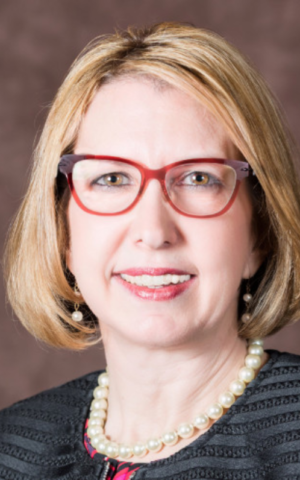
“There’s tremendous opportunity for us to further deepen their growth in Jewish life, and so we look at that as the arc of the Israel experience. So that’s where our investment primary lies, in the entire arc of the Israel experience.”
For The Marcus Foundation, the grant for the first year is just a down-payment on helping to build a long-term commitment by a large community of funders and nonprofits to take the program to its next level.
As foundation vice president Renay Blumenthal sees it, Root One has the potential to loom large in the future of Jewish life.
“For Bernie Marcus, who established The Marcus Foundation, philanthropy is not just about writing checks for things. He wants to transform things. He wants to create change. And I think that’s what he feels like he’s doing. The ultimate goal of this program is to change the trajectory of Jewish connection, Jewish identity and connection to Israel for our youth, and have kids be prepared before they step foot on college campuses.”
This article was originally published in the Atlanta Jewish Times. Read it here.
